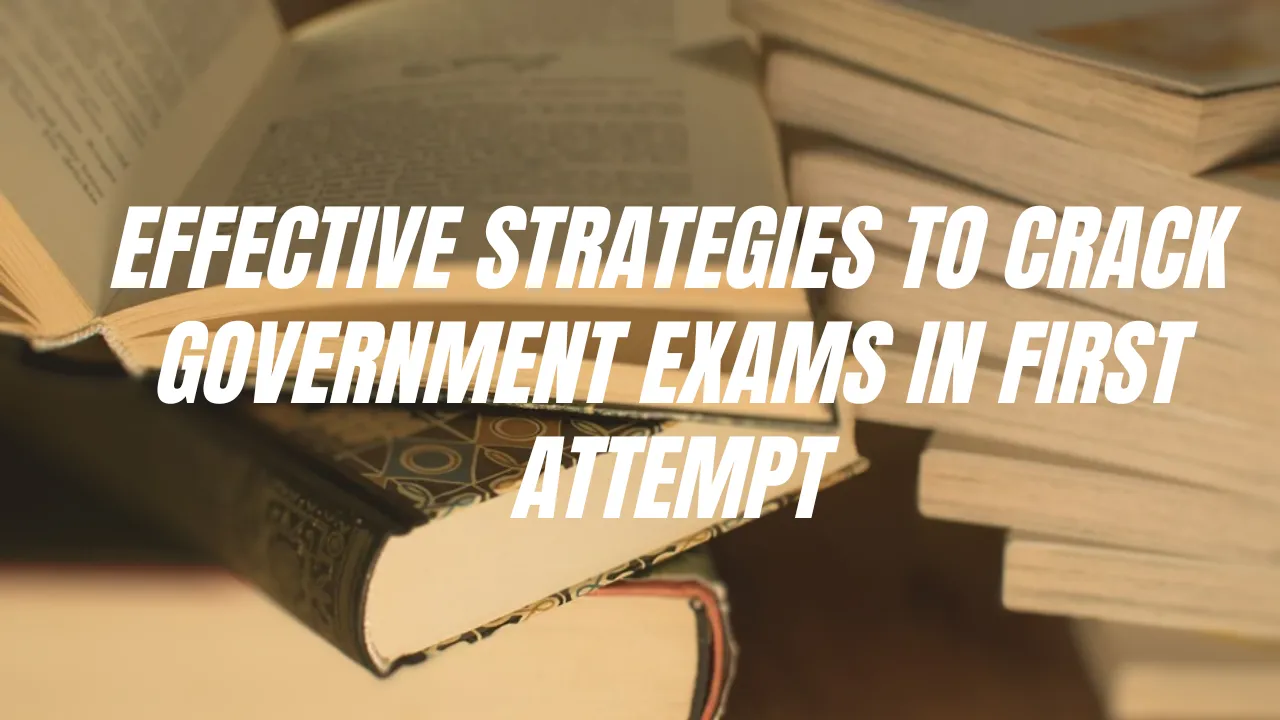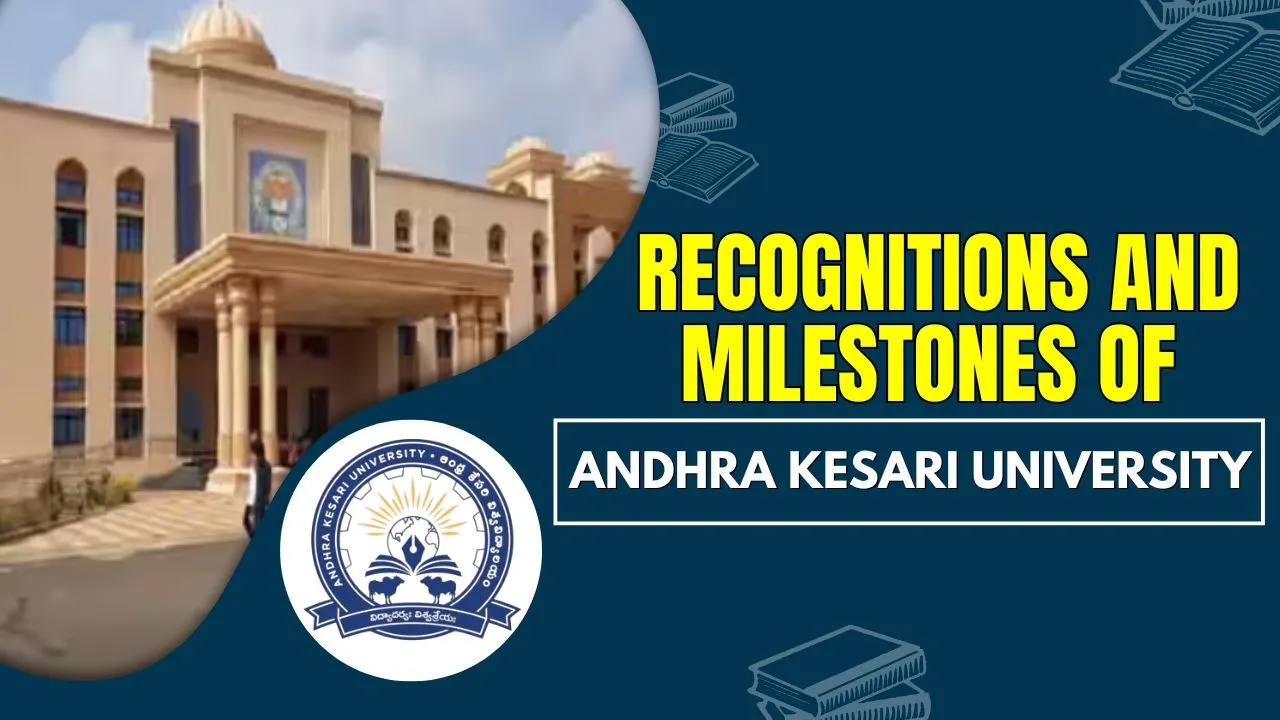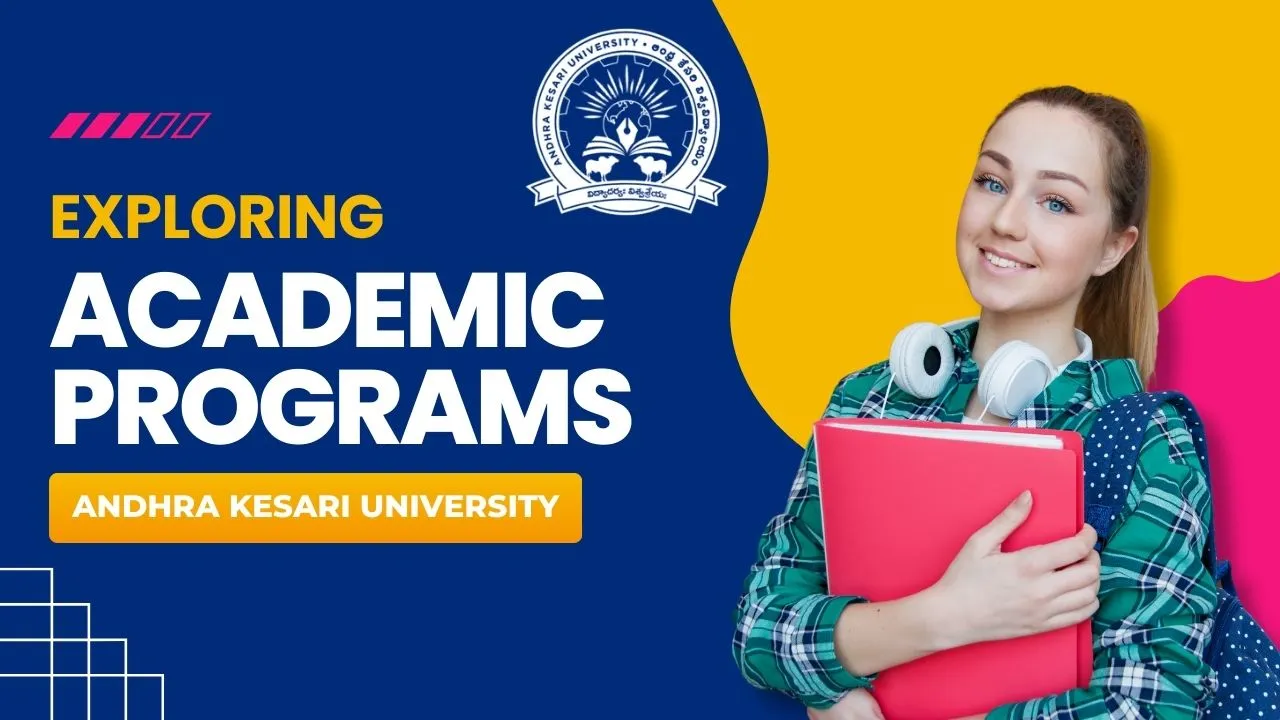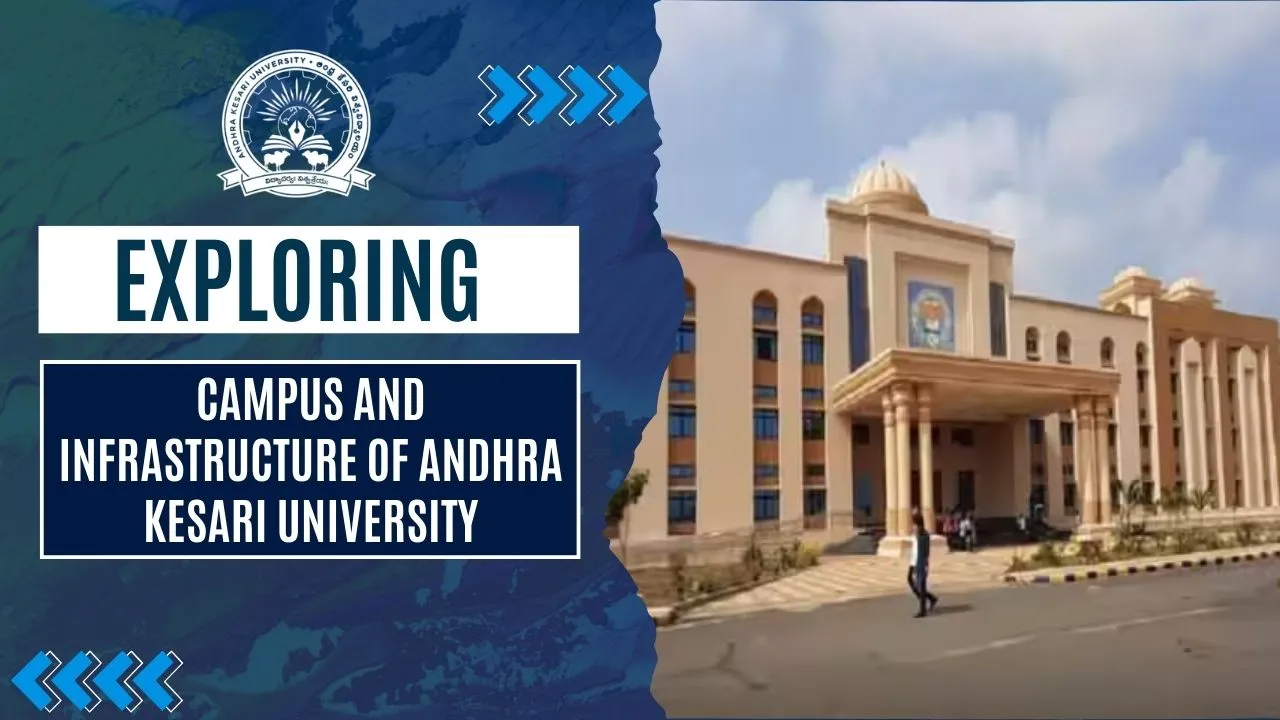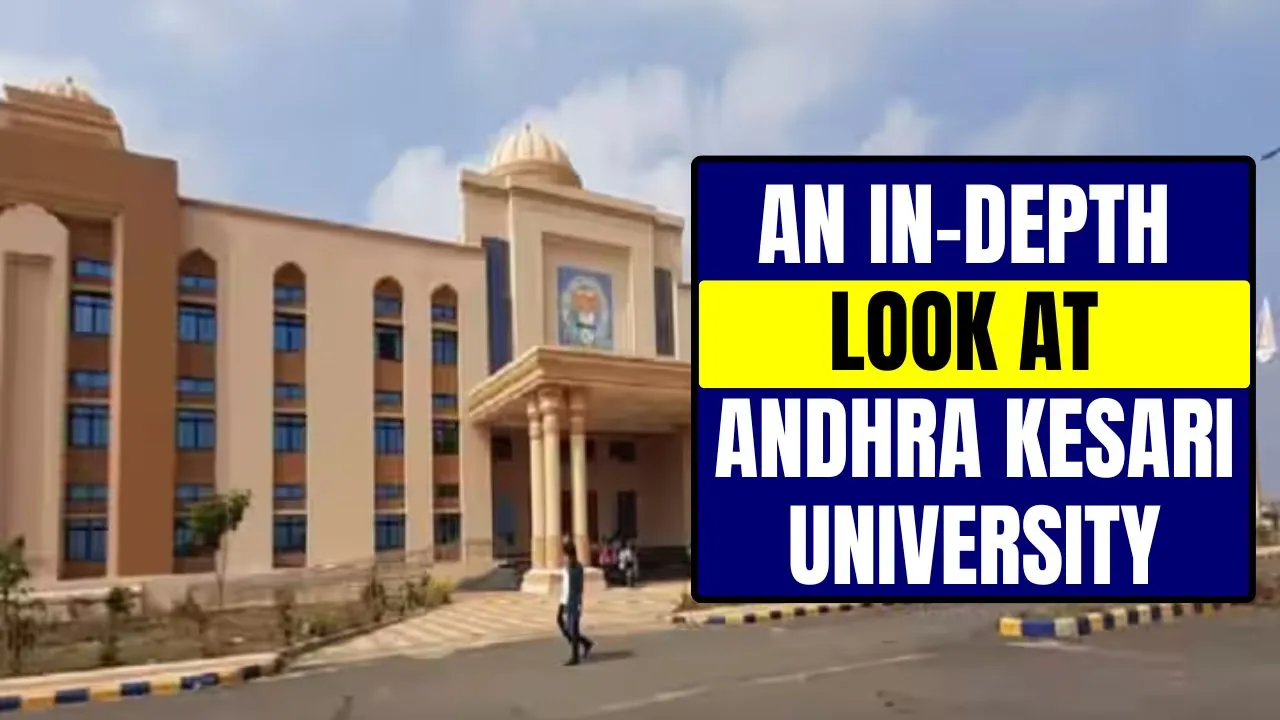Government exams in India are highly competitive and demand consistent preparation, smart planning, and a strategic approach. For aspirants, cracking these exams in the very first attempt might seem challenging, but it is certainly achievable with the right mindset and method. Whether you’re aiming for banking, SSC, railways, or civil services exams, having a clear plan and disciplined study habits will greatly increase your chances of success.
In this guide, we’ll cover tried-and-tested strategies to help you crack government exams in your first attempt. From understanding the exam to maintaining a positive mindset, every step is crucial.
Crack Government Exams in First Attempt – How to Approach
If your goal is to crack government exams in first attempt, then it requires more than just hard work—it requires smart work. The key lies in understanding the exam structure, focusing on conceptual clarity, consistent practice, and maintaining physical and mental well-being throughout the preparation journey. By following a strategic study plan and keeping yourself motivated, you can achieve this target effectively.
Overview Table
| Strategy | Key Actions |
| Understand the Exam | Study syllabus, pattern, and analyze previous years’ papers |
| Create a Study Plan | Develop a realistic timetable, focus on weak areas, balance study with breaks |
| Focus on Conceptual Clarity | Deep understanding of concepts, use reliable study materials, build a strong foundation |
| Practice and Revision | Take mock tests, solve practice papers, regularly revise, manage time effectively |
| Maintain Positive Mindset & Health | Stay motivated, set achievable goals, follow a healthy lifestyle, manage stress |
| Seek Guidance | Consult teachers, mentors, or experienced candidates |
Understand the Exam Thoroughly
The first step in preparing for any government exam is to thoroughly understand its syllabus and pattern. Carefully review the official syllabus provided by the exam authorities. Take note of each section, the number of questions, marks distribution, and time duration.
Another crucial aspect is analyzing previous years’ question papers. By doing this, you’ll identify important topics, frequently asked questions, and understand the difficulty level. This not only helps you prioritize topics but also prepares you for the examiner’s approach.
Create a Strategic Study Plan
A well-structured study plan forms the backbone of exam preparation. Start by drafting a realistic timetable that suits your daily routine. Allocate appropriate time to each subject and make sure to balance study sessions with short breaks to avoid burnout.
Identify your strengths and weaknesses early on. Focus more on subjects or topics where you feel less confident. Regularly track your progress and modify your timetable based on how well you’re performing in each section.
Maintaining consistency is key. Avoid irregular or last-minute cramming, and instead, stick to daily study sessions to keep your preparation steady.
Focus on Conceptual Clarity
One of the most common mistakes candidates make is relying solely on rote memorization. To successfully crack government exams in first attempt, it’s essential to focus on building a strong conceptual understanding.
Make use of standard textbooks, reference materials, and online resources recommended by experts. NCERT books can be particularly useful for subjects like history, geography, and science, as they offer clear explanations and cover fundamental concepts.
When you understand the “why” and “how” behind a topic, solving questions becomes much easier, even if they are framed in a tricky or unfamiliar way.
Practice, Mock Tests, and Regular Revision
No preparation is complete without enough practice. Solve practice papers, sample questions, and take full-length mock tests regularly. Mock tests simulate real exam conditions, helping you improve time management and boosting your confidence.
Make sure to analyze your mock test results. Pay attention to areas where you made mistakes or took longer to answer. Adjust your study plan to focus on improving those specific areas.
Revision is equally important. Dedicate time each week to revisit previously covered topics. Create short notes, flashcards, or summaries to make revision quicker and more efficient.
Time Management Techniques
Effective time management can make a significant difference during the exam. In competitive exams, every second counts. While preparing, practice solving questions within the allotted time limit.
During the exam:
- Attempt easier sections first to secure marks quickly.
- Don’t spend too much time on a single question. If stuck, move on and come back to it later.
- Allocate a fixed amount of time to each section based on its weightage and difficulty.
By practicing these techniques beforehand, you’ll be able to stay calm and composed during the actual test.
Maintain a Positive Mindset and Well-being
Staying positive and motivated throughout your preparation is crucial. It’s easy to feel overwhelmed by the vast syllabus and competition, but a confident and optimistic attitude can go a long way.
Set realistic and achievable goals. Celebrate small milestones, whether it’s completing a subject or improving your mock test scores.
Don’t neglect your health. Make sure you get enough sleep, follow a balanced diet, and engage in regular physical activities like walking, yoga, or meditation to manage stress.
A healthy body and mind will keep you focused and energized throughout the preparation phase.
Final Thought
Discipline, smart strategy, and mental resilience are the pillars that can help you crack government exams in first attempt. It’s not about how long you study, but how well you use your time and resources. Understand the exam, prepare a focused study plan, stay consistent, and practice regularly.
Most importantly, believe in yourself. Success in government exams is achievable for anyone willing to put in the effort with the right mindset and approach.
FAQs
1. How can I stay motivated while preparing for government exams?
Set small, achievable goals and reward yourself after reaching them. Surround yourself with positive influences and remind yourself of the long-term benefits of cracking the exam.
2. Is it possible to crack government exams without coaching?
Yes, many candidates clear exams through self-study by following a disciplined approach, utilizing quality study materials, and practicing consistently.
3. How many hours should I study daily to clear the exam in first attempt?
On average, 6-8 hours of focused study daily is sufficient. However, quality and consistency matter more than the number of hours.
4. How important is practicing mock tests?
Extremely important. Mock tests help you understand the exam format, improve time management, and identify weak areas.
5. Should I focus more on strong subjects or weak areas?
Both are important. Strengthen your strong areas to secure easy marks, but allocate more time to improve weak areas to ensure a balanced score.
